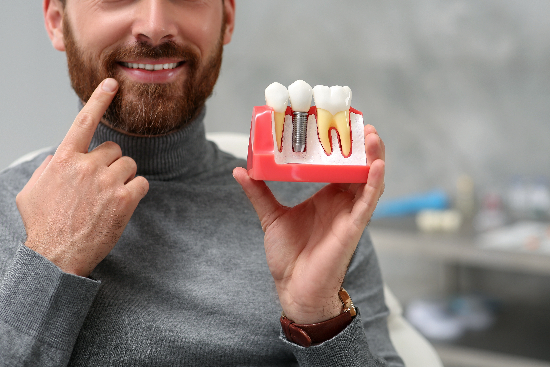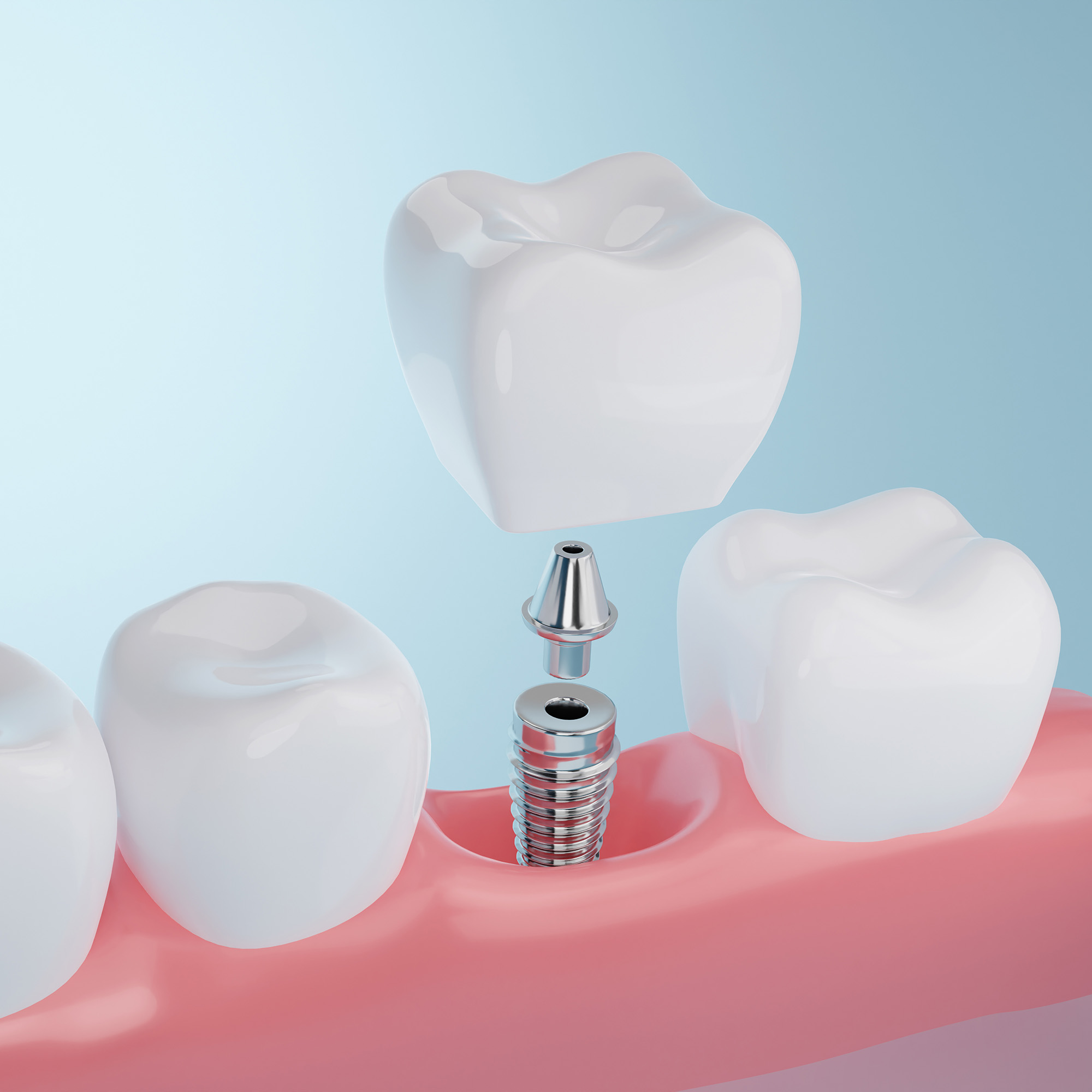At Coleman Dental, we provide first-class restorative dental work in Houston. When a tooth’s nerve and pulp become infected, a dentist and patient must choose whether to attempt to save the tooth by completing a root canal or to extract the tooth.
Several factors impact this determination. These include whether there is an infection in the surrounding bone, the amount and condition of the remaining tooth structure, the strength of the supporting bone, and the presence of periodontitis.
During endodontic treatment, the nerve and pulp of the affected tooth are taken out. This tissue contains veins, arteries, and lymph vessels. The dentist or endodontist uses files of various sizes to clean out the canals. Once the roots are cleaned out and widened, they are filled with a special rubber material that seals them off.
A root canal procedure is just the initial step in the complete tooth restoration process. After the root canal, without a crown, the tooth will probably become dry and brittle. The final steps are the core build-up and crown placement. A strong, natural-looking crown protects the remaining tooth and functions like a natural tooth.
A root canal is frequently the most conservative treatment when a root is infected or a tooth has acute decay or damage. Root canals have been performed with success for generations and have a very low failure rate.
But there is always a slight possibility that a tooth with a root canal can have complications down the road. If there is a tiny crack in the treated tooth, it can become re-infected. Teeth with curved roots are more difficult to fill and they can also become re-infected. Occasionally, the tip of a file can break off in a root during the procedure and cause problems.
Because there is always a slight risk that a root canal can fail, some patients ask if they should just get a dental implant in the first place. This is not a black-and-white decision. Like root canals, dental implants have a high success rate. But there are risks with dental implants, as well.
If you have been told that a root canal or a dental implant is required, talk with your dentist about the pros and cons of each procedure. If you do not currently have a dentist, I invite you to schedule a consultation at Coleman Dental. You can count on our team for essential, unbiased information so you can make an informed decision about your dental treatment.













































